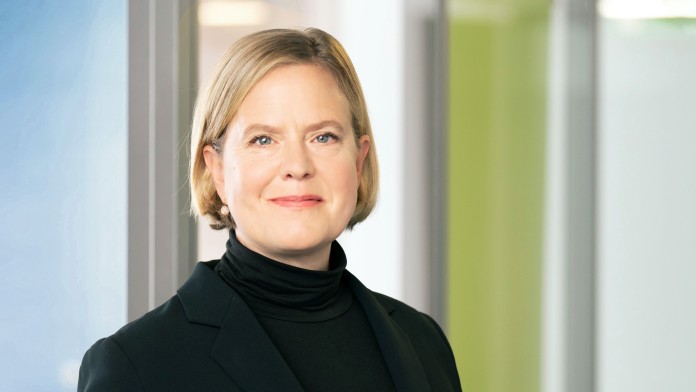Press Release from 2017-05-30 / Group, KfW Research
Record employment with side-effects:
fewer start-ups than ever
- Number of business start-ups hits new low
- Opportunity start-ups dominate entrepreneurial activity
- One in six is a growth start-up
- Hamburg leads start-up activity for the first time
Never before since unification have so many people in Germany been employed. The chances of finding employment are very high – and this affects start-up activity. In 2016, only 166,000 persons took up self-employment because they found no better income alternative. That was 40,000 fewer necessity entrepreneurs than in 2015. The good labour market situation also had an impact on opportunity start-ups. Motivated by a business idea they regarded as very promising, 310,000 persons took the plunge into self-employment. A further 196,000 persons started a business for other motives, such as self-realisation. “Overall, we cannot be satisfied with only 672,000 start-ups”, said Dr Jörg Zeuner, Chief Economist of KfW Group, on the occasion of the presentation of the KfW Start-up Monitor 2017, the representative annual survey of start-up activity in Germany. “In order to continue renewing our economy, above all we need more opportunity entrepreneurs, since they bring more innovations to the market and therefore have great significance for Germany's competitiveness.” The start-up rate (the share of business founders in the population aged 18 to 64 years) has dropped from 1.5% to 1.3%. As in previous years, seven in ten entrepreneurs founded their business in the services sector, followed by 16% in retail and 12% in the producing sector.
The Start-up Monitor showed the same share of digital business founders that was captured for the first time in the previous year. In 2016 as well, one in five business founders offered something that was usable exclusively with the aid of digital technology. “Once produced, an app can be sold to one customer or to 100,000 customers. That gives many digital business founders a great opportunity for faster growth”, said Dr Zeuner. One in four digital business founders is growth-oriented, but only one in six non-digital founders want to grow ‘as large as possible’.
In a comparison of Germany's federal states, Hamburg has taken the lead for the first time, overtaking Berlin on average for the years 2014 to 2016. Start-up activity in both city states is strongly driven by the media and IT industry with its high shares of business founders. The state of Hesse came in third.
Business founders' funding needs are as diverse as the start-ups themselves – full-time/part-time, solo/team, digital, innovative or growth-oriented. Nearly one in ten use neither physical nor financial capital to start their business. But two out of three use funds, mostly just their own resources (39%). Nearly one in four business founders, however, also resort to external funds from third parties (24%, such as bank loans, friends/family, etc). Since the year 2013, the share of business founders who take up more than EUR 25,000 from external capital providers has doubled. One in ten employed more than EUR 25,000 from external capital providers in 2016. “Start-ups are clearly becoming more capital-intensive”, said Zeuner. “So it is all the more important that good business ideas from the relatively few business founders do not fail for lack of funding.”
An end to the decline in start-up activity is expected for 2017. Although the positive development on the labour market will continue, the decline in unemployment will probably slow. The cyclical pull effect will thus slightly predominate and more persons will turn their business idea into a start-up again – encouraged by the steady cyclical trend.
Note:
The KfW Start-up Monitor is based on an annual random selection of 50,000 persons interviewed by telephone since the year 2000 as part of a representative survey of the population. The concept of start-up activity is defined broadly to include full-time and part-time, self-employed and commercial business start-ups. The KfW Start-up Monitor 2017 is the 17th survey. Please also read the press release of 28 February 2017 “Decline in start-up rates continues – slump appears to have bottomed out”. The KfW Start-up Monitor and info graphics, photos and further information can be found under 'Existenzgründung'. Information on the promotional programmes of KfW is available at www.kfw.de/gründen.


Share page
To share the content of this page with your network, click on one of the icons below.
Note on data protection: When you share content, your personal data is transferred to the selected network.
Data protection
Alternatively, you can also copy the short link: https://www.kfw.de/s/enkBbm2w.BlqA
Copy link Link copied